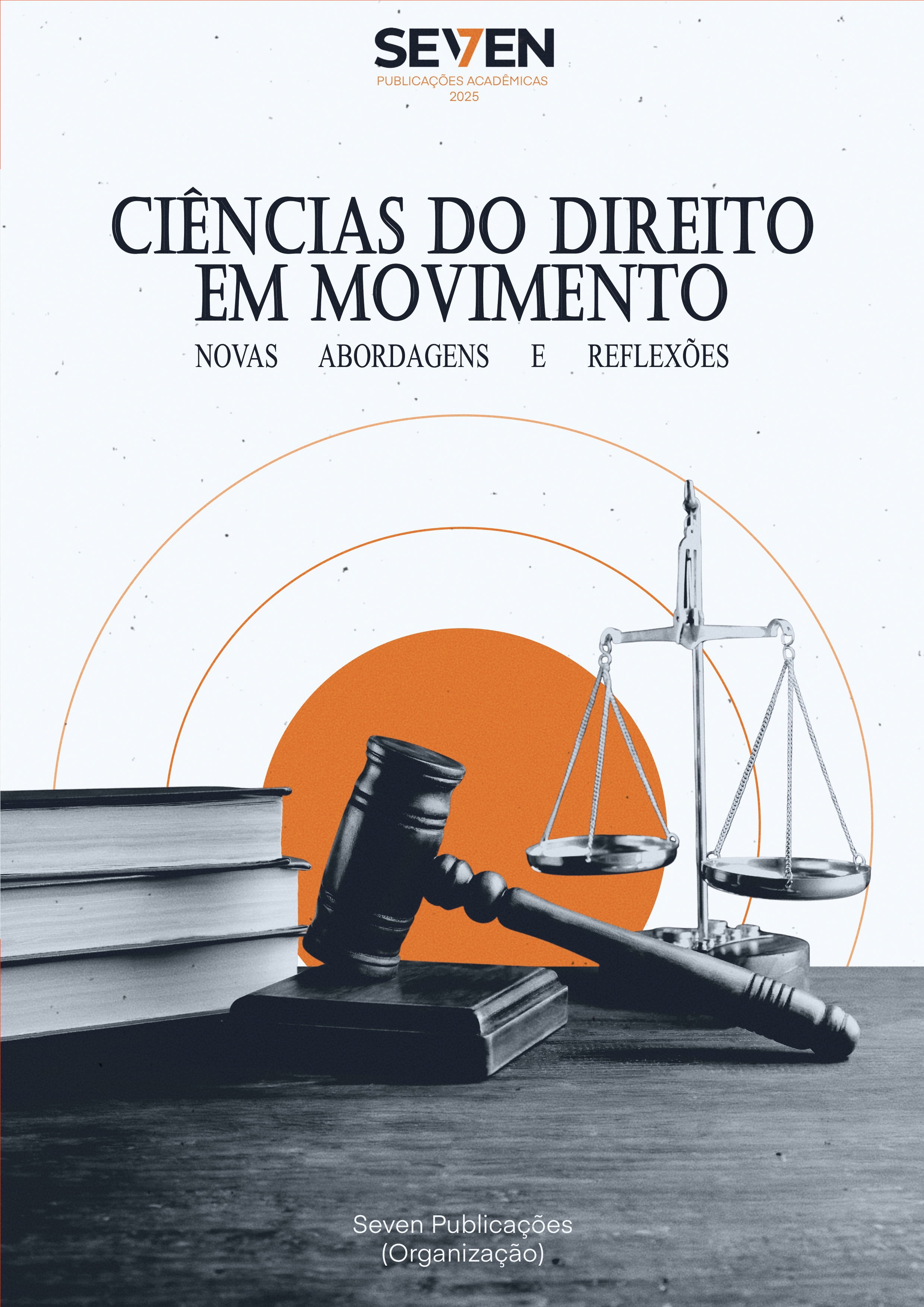MARIA DA PENHA LAW: BETWEEN EMERGENCY PROTECTION AND THE CHALLENGE OF MALE VULNERABILITY
Keywords:
Domestic Violence, Protective Measures, Masculinity, Gender, Human RightsAbstract
The article critically examines the application of urgent protective measures in the context of domestic violence, with an emphasis on the invisibility of violence against men. Supported by qualitative and descriptive research, the study analyzes how men are frequently marginalized in discussions about domestic violence, despite growing evidence of their vulnerability. The research highlights that, although the Maria da Penha Law represents a significant advancement in protecting women, there is an important gap in recognizing and supporting male victims of domestic violence. Sociocultural factors, such as masculinity stigmas and the naturalization of men as exclusively perpetrators, contribute to the underreporting and invisibility of this form of violence.The study demonstrates that in forensic practice, many protective measures are applied without adequate substantiation, compromising the principles of adversarial proceedings and full defense. The need for a more inclusive and equitable approach is emphasized, one that recognizes the complexity of interpersonal relationships and the diversity of violence experiences.
Downloads
Published
Issue
Section
License

This work is licensed under a Creative Commons Attribution-NonCommercial 4.0 International License.





